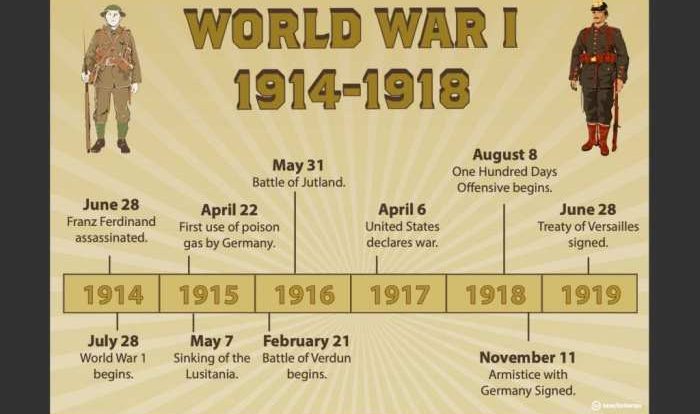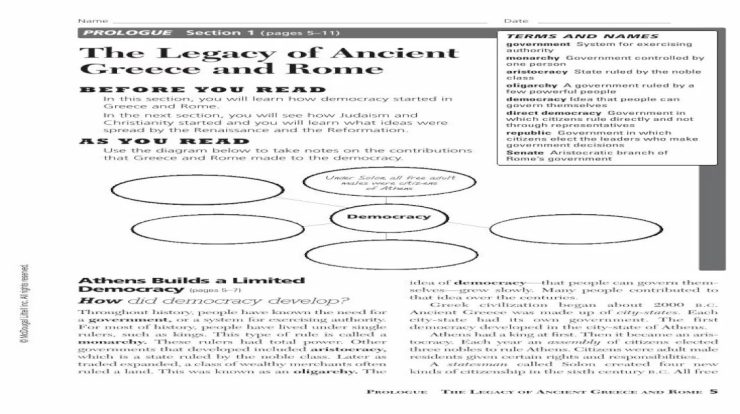Delving into the apartheid in south africa webquest answer key, we embark on an enlightening journey that unveils the complexities of a dark chapter in history. This comprehensive guide provides a roadmap to understanding the origins, implementation, and profound impact of apartheid, empowering you with the knowledge to engage in meaningful discussions about its lasting legacy.
The webquest answer key serves as a valuable tool, offering insights into the key events, figures, and measures that shaped the apartheid era. By exploring the nuances of this oppressive system, we gain a deeper appreciation for the resilience and determination of those who fought for freedom and equality.
Historical Context: Apartheid In South Africa Webquest Answer Key
Apartheid, a system of racial segregation and discrimination, emerged in South Africa during the 20th century. Its roots lie in the country’s colonial past and the desire of the white minority to maintain political and economic dominance over the black majority.
Key events in the establishment of apartheid include the passage of the Land Act of 1913, which restricted land ownership for black South Africans, and the creation of the National Party in 1948, which campaigned on a platform of racial segregation.
Timeline of Major Events Related to Apartheid, Apartheid in south africa webquest answer key
- 1913: Land Act restricts land ownership for black South Africans.
- 1948: National Party comes to power, implementing apartheid policies.
- 1950: Population Registration Act classifies all South Africans by race.
- 1952: Group Areas Act segregates residential areas by race.
- 1960: Sharpeville Massacre kills 69 black protesters.
- 1964: South Africa becomes a republic and leaves the Commonwealth.
- 1976: Soweto Uprising sparks widespread protests against apartheid.
- 1990: Nelson Mandela is released from prison.
- 1994: First democratic elections are held in South Africa, ending apartheid.
FAQ Corner
What is the significance of the Sharpeville Massacre?
The Sharpeville Massacre was a pivotal event in the anti-apartheid movement, where police opened fire on a peaceful protest, killing 69 people. It sparked international outrage and galvanized resistance to apartheid.
Who was Nelson Mandela and what was his role in the anti-apartheid movement?
Nelson Mandela was a prominent anti-apartheid activist and the first democratically elected president of South Africa. He spent 27 years in prison for his involvement in the movement and became a symbol of the struggle for freedom and equality.
What were the key provisions of the apartheid system?
Apartheid was a system of racial segregation that enforced separation between white and black South Africans in all aspects of life, including education, housing, employment, and social interactions.

